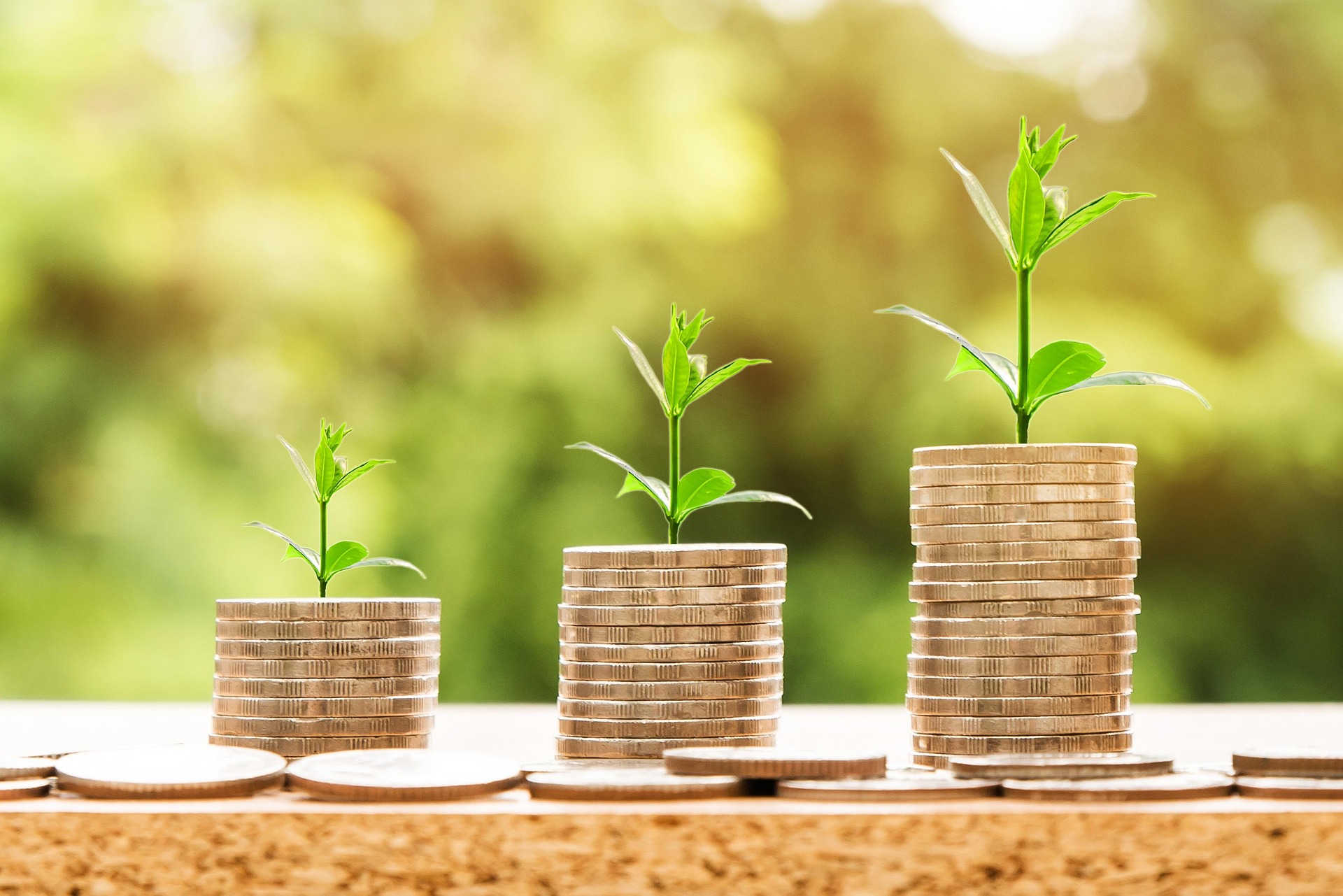Recent news has offered little reason for optimism: wars, environmental crises, pandemics, and economic struggles. Meanwhile, the rich keep getting richer. The headlines are depressing.
That is why it is tempting, at least for a moment, to hold on to a straw of hope: money is going to a new generation.
The baby boomers, many of whom built immense fortunes, are nearing the end of their life cycles. Vast sums of wealth are moving to the next generation — one with different values.
“We are in the middle of the largest intergenerational transfer of wealth in human history. By 2045, $80 trillion (about €74 trillion) will pass to Millennials and Gen Z,” says Lucas Matarazzo, a Brazilian start-up entrepreneur, sociologist, and systems thinker.
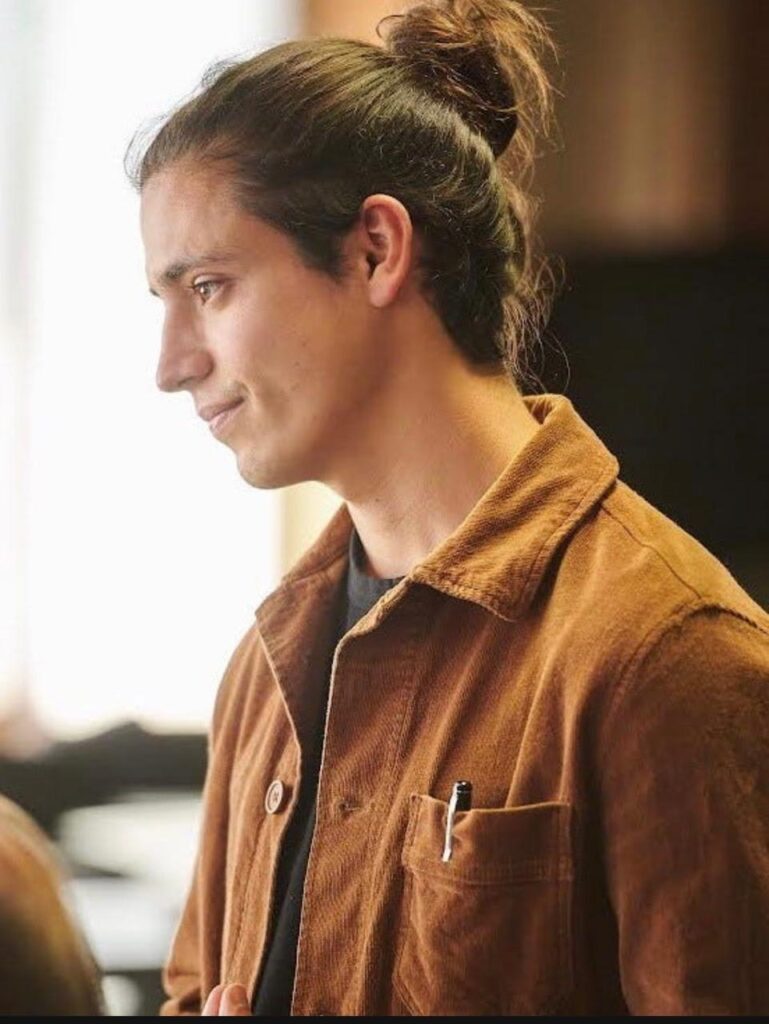
Matarazzo says he attends many conferences and meetings and has noticed a shift in thinking and values.
“A new generation is emerging, one that wants to use their money strategically to make change happen right now. They are not thinking about preserving wealth for ten generations, but about unmet needs of those around them and the world their children and grandchildren will grow up in. They feel responsible for the planet and are asking how they can take part in changing it for the better. That makes me hopeful,” Matarazzo says.
He believes that individuals inheriting vast fortunes are called to act differently.
“They should take part in ambitious, bold visions of change and accept real risk — in partnership with governments and other acotrs”.
Lucas Matarazzo will participate in the international WAVES conference on ecological transformation in Hanaholmen, Espoo, on September 11–13, 2025.
Ykspilkkuviis is WAVES’s media partner and will report from the event.
The article continues after the photos and the info box
WAVES 2025
- The event brings together researchers, thinkers, and changemakers of the sustainability transition from around the world to Hanaholmen, Espoo on September 11–13, 2025.
- Key names include Nora Bateson, Dave Snowden, and Camilla Cardoso.
- Lucas Matarazzo will facilitate a workshop on Institutional Design and Collective Intelligence on September 11. The session will explore how financial institutions’ infrastructures can better respond to understanding and solving systemic problems.
- The program also includes practices such as body awareness, systems thinking, and collective intelligence.
- Tickets and more information: https://wavesgathering.com/
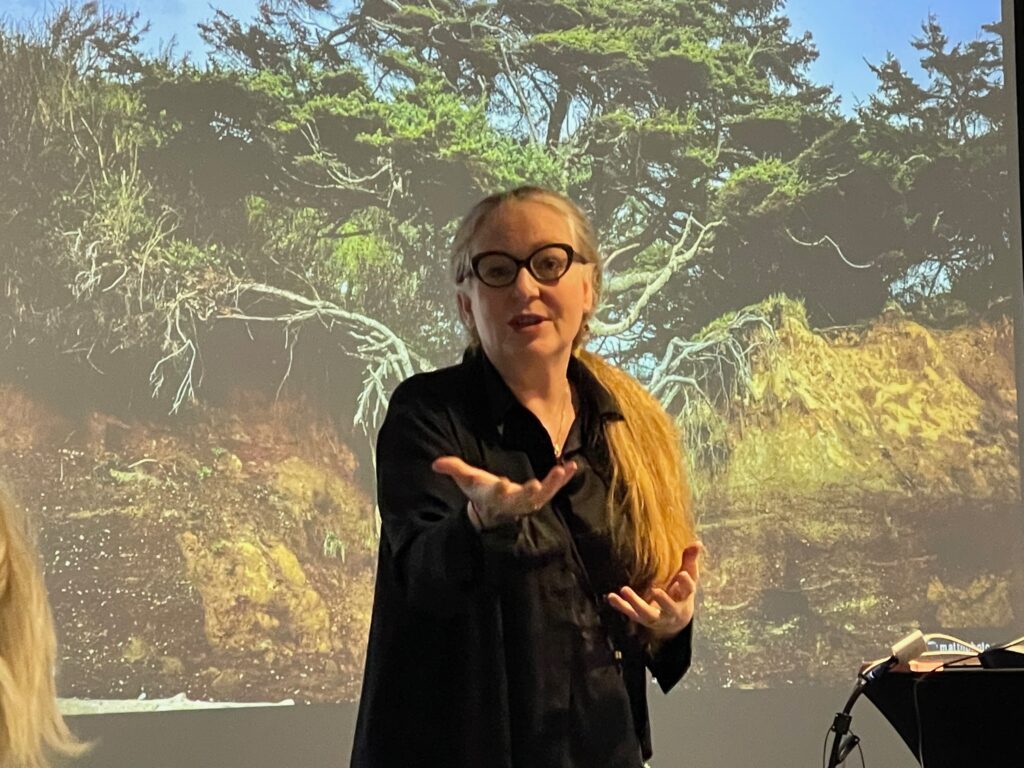
Systemic investing aims to transform economic structures
Lucas Matarazzo and his AI-powered sustainable investment platform, Mútua, have become a talking point in the field since receiving its first major commission from the Brazilian representative of Prince William’s climate prize, the Earthshot Prize. Later, Mútua attracted significant additional funding and is now financially secure for a year ahead.
The business idea began in an informal research group that questioned why Brazil innovates so little and, when it does, why those innovations rarely support sustainable development.
The result was Mútua, an AI-based investment service designed to support the sustainability transition.
Here’s how it works: If I want to invest in an initiative that helps end hunger in a region, Mútua enables me to identify entire innovation ecosystems to invest in.
This is called systemic investing. It differs from impact investing or sustainable investing, which focus on individual organizations that meet certain criteria.
“Systemic investing is a way of investing that aims for structural and lasting change in society, through decisions informed by a rich contextual understanding and synergistic investment portfolios” Matarazzo says.
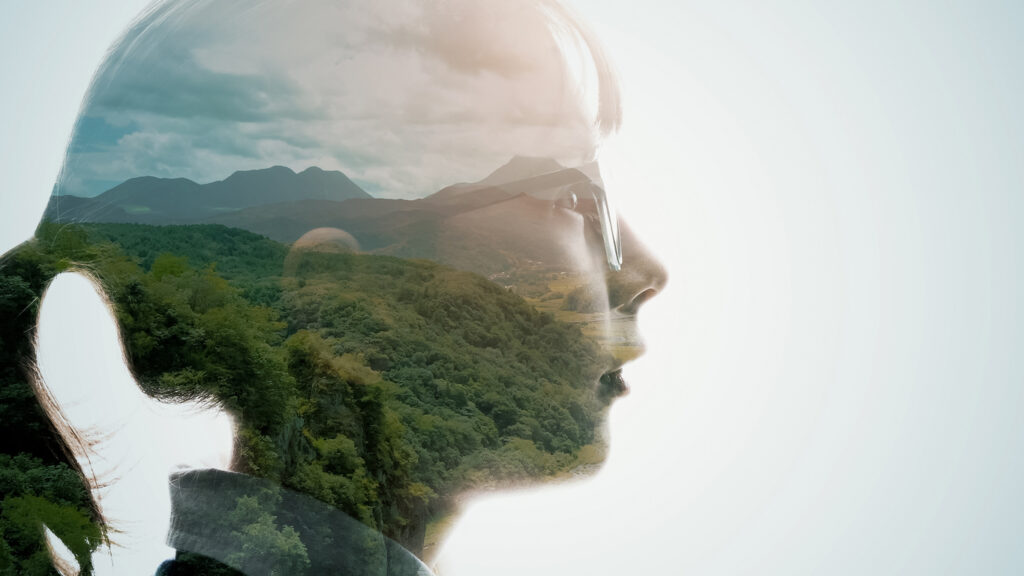
Mútua’s AI platform identifies from among thousands of organizations those that are truly changing the world together with others — not just companies creating scalable products, but entire strategic fields of transformation.
“Our mission is to ensure that capital is allocated in ways that genuinely transform society toward a more just and regenerative future,” says Matarazzo.
Mútua is currently intended for funds, foundations, and institutional investors, but in the future it will also open to grassroots initiatives and organizations who are fundraising.
The system isn’t broken — it’s working as designed
According to Matarazzo, the world is not coincidentally in crisis. The harmful externalities of current systems — carbon emissions, microplastics, inequality — are not flaws, but structural features.
“These are symptoms that societal systems systematically reproduce again and again.”
When today’s capitalism causes suffering to people and the environment, it is not failing. It is succeeding brilliantly at what it was designed to do: extract maximum financial gain from everything.
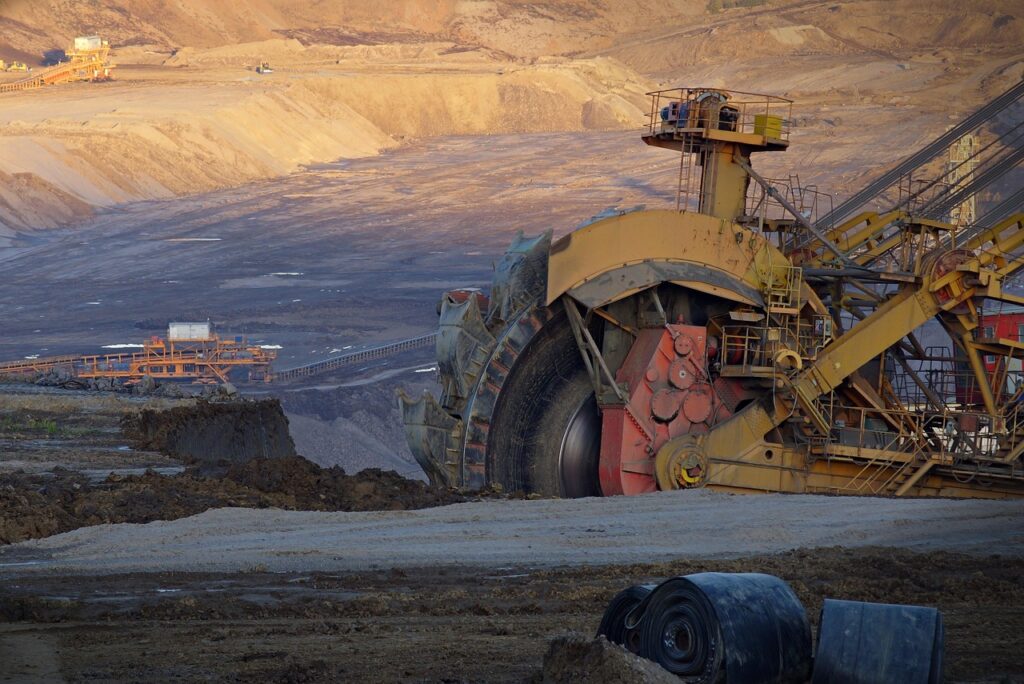
The core question of systems thinking is not how to ease the symptoms, but how to shift systems so that problems are not produced in the first place. This requires new kinds of sensemaking and intelligence infrastructure — like Mútua. Through them, change-oriented actors — such as families, impact funds and foundations — can find new, sustainable investment opportunities for their money.
The market for systemic investing is still small and emerging. But if enough people come to value it, awareness will grow, the market will grow — and the flow of money will begin to move toward more responsible directions.
Beyond money: the power of polycapital
But what about the vast majority who will not inherit great fortunes? How can they invest in good?
They may hold a currency even stronger than money: polycapital.
“Not all capital is money. Polycapital is available to everyone — it can be knowledge, time, connections, love, or even silence,” Matarazzo says.
He grew up in São Paulo amid stark inequality, studied sociology in the UK, specialized in economic sociology and the social impact of technology, and completed a master’s degree on the sociology of emotions.
“Education taught me about the world, but it did not yet change me.”
Matarazzo took a break, living in monasteries in Asia and studying Buddhist wisdom traditions.
“I wanted to understand what change means not only in society, but also within myself. I was interested in how spiritual wisdom could speak to systems change.”
Perhaps that is why he is open to other forms of capital beyond money. In systemic change, everyone has a role.
“Often you don’t need to invest money. It’s enough to invest your time, energy, and skills,” Matarazzo says.
He believes change begins by doing good close to home — for example, by participating in local dialogues or supporting local organizations.
What does Matarazzo expect from his trip to Finland?
“I am especially excited about this conference, because it feels like a space where I can meet peers, think, and go deep into the more difficult, nuanced questions of what lasting change really requires. I’m thrilled to share the space with so many thinkers and practitioners I find deeply inspiring. From Finland, I expect to find peers and to explore together.”
If you have polycapital, you are welcome at WAVES in September 2025. And if you have financial wealth, you are warmly welcomed too.
Ykspilkkuviis is the media partner of Waves and will report from the event on-site in September 2025.
